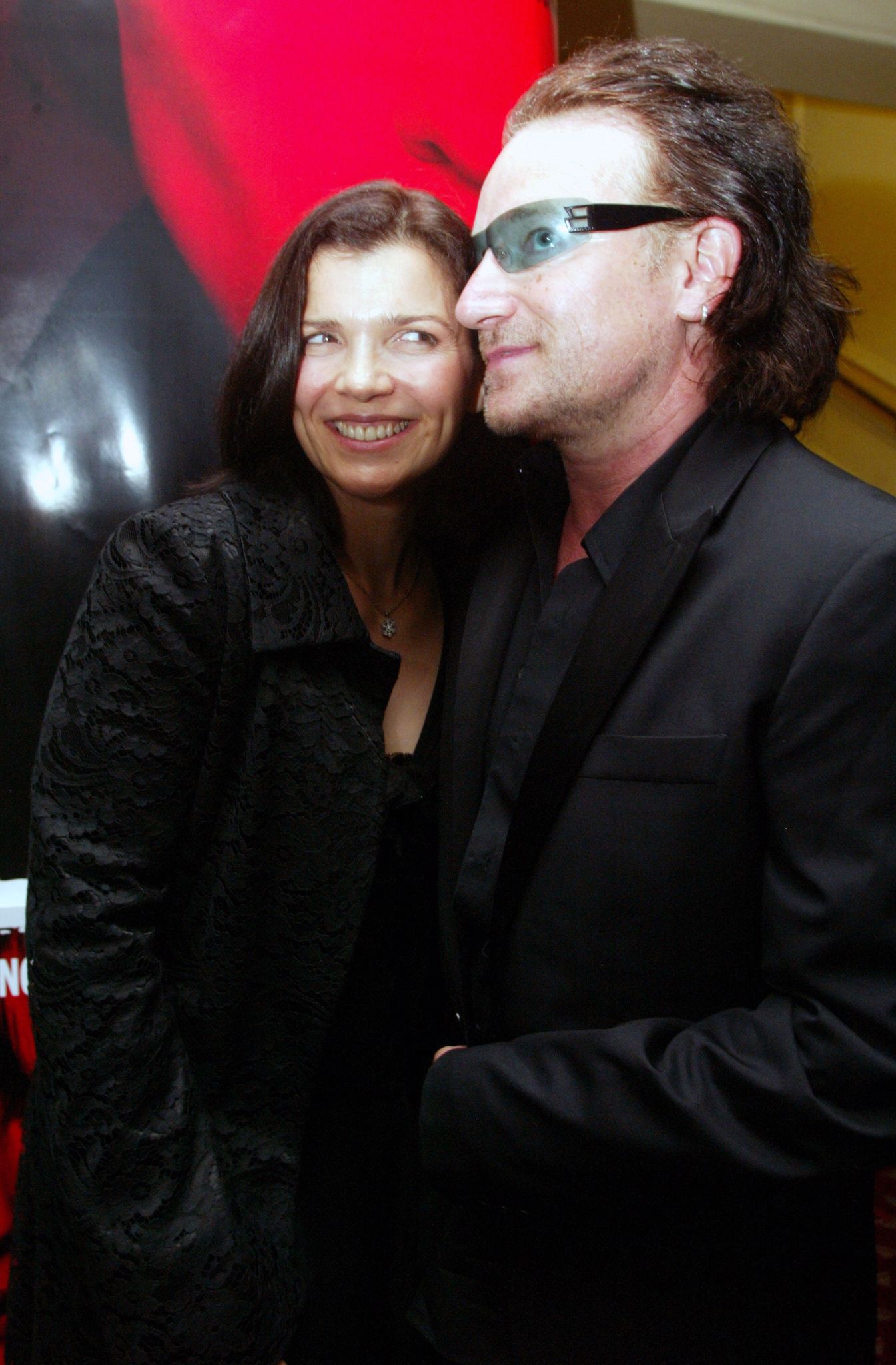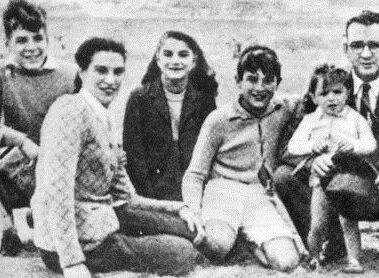If you are Irish, or Irish American, and came of age in the late 1970s, U2 has a special place in your heart. Bono, U2’s lead singer, has just published a memoir, but writing about it is not easy. It’s impossible for me and other fans of my age to be dispassionate and objective in analyzing Bono and U2. I remember a time before U2 emerged when Ireland had no real super group. We envied Britain and its many great bands, longing for an Irish band that would prove their equal. Suddenly, we discovered U2 and they became our heroes. We loved the story of U2’s unimaginable rise from working-class Dublin teens to international superstardom. They were larger than life heroes and their inspirational story made a then doubt-plagued Ireland believe that it too could achieve greatness.
Idolizing U2, however, showed our teenage naivete and was also unfair to the band. For many of us, our teenage idols eventually fell from their lofty pedestals. We would always be fans, but the passion of our teenage years waned. I recall feeling angry and betrayed by the band’s 2006 decision to move part of its business out of Ireland following the Government’s decision to put a cap on the amount of tax-free earnings U2 earned, which Bono admits in the book was an error in judgement.
When I read Bono’s new memoir, “Surrender: 40 Songs, One Story,” it brought back a lot of conflicting emotions, yet I determined to give his memoir a fair hearing. After reading it, I am certain about one fact: Bono can write prose as well as he can write lyrics and he is a great storyteller. His tale beguiled me and I came away from his book seeing him and the band in a different light. Bono’s story resonates because he is ruthlessly honest in revealing his past and admitting his foibles and errors.
The book’s great revelation is how much pain Bono suffered as an adolescent, a pain he has never fully overcome. When he was just 14, he suddenly lost his mother and his world fell apart. Her death devastated him, his brother, and his father, leaving deep psychological and emotional wounds. He writes bluntly about his family’s unprocessed grief and anger. He stated about his relationship with his father, “I was an angry teenager. He was an angry grown up, who didn’t know what to do with a young teenage boy.” He turned to music to fill the void left by his mother’s passing. He reflected, “A lot of the emotions that I could not express as a young man living at 10 Cedarwood Road have since found expression in the songs of U2."
Bono found the love he was missing from adoring audiences around the planet and decades later, he still thrives on the love and energy he draws from his fans.
Many attack Bono for being vain and self-absorbed. At some points in the book, one might agree with his detractors who claim Bono never really got over the wonder of himself.
Despite his amazing success, I sense in Bono a deep insecurity that often manifests itself in his memoir. At times, he can seem to brag. Sometimes, in the memoir he seems to be a serial name-dropper, telling the reader ad nauseam about his interactions with dozens of celebrities from Frank Sinatra to Nelson Mandela.
Bono, though, is a shrewd, thoughtful self-observer and too introspective not to be aware of his own admitted shortcomings. In his memoir he does a lot of painful self-analyses. His honesty in admitting his own weaknesses is refreshing. He acknowledged the difficulty of being a superstar and yet staying grounded, stating, “The Success of U2 had me over-rewarded and over-regarded.”
His memoir is profoundly spiritual and his sincere Christian faith comes across clearly in the book. We learn that even as a rebellious teenager a Christian group had a strong influence on him. The reader sees within him a dynamic, unresolved tension between his Christian humility and a vanity brought on by his success that he struggles to resist. At one point early in U2’s rise to the top, this inner turmoil led to a crisis. Fearing that stardom was transforming them into narcissists, Bono and the Edge almost abandoned music, preferring to lead simple lives closer to Christian ideals.
Bono admits that he has a messianic streak, which at times even his most ardent fans find annoying, but you cannot understand him without appreciating it. He claims that early on the band members had promised to see beyond themselves, to a world of other, more dire needs than a hit record. He admits to using his celebrity to help the world’s most destitute people. To be fair to him, his achievements in helping AIDS victims, indebted African nations and famine victims are undeniably impressive.
One positive that leaps out from his memoir is his loyalty to his band members and his identification with his Dublin roots. He talks with warmth and reverence about his fellow musicians, managers, and creative collaborators. He writes his most beautiful prose in homage to his one-time teenage girlfriend and wife of 45 years, Ali. He also writes fondly of his childhood friends and of the Irish people in general. It’s his evocation of the Dublin of his youth that I enjoyed most in the book.
The book is organized around 40 songs and runs for over 500 pages. Though he writes well and has great material, I found the sheer length of the book a challenge. Still, if you were ever a fan, you will want to read this book, which really provides a deep insight into Bono, U2 and the world that spawned them.








